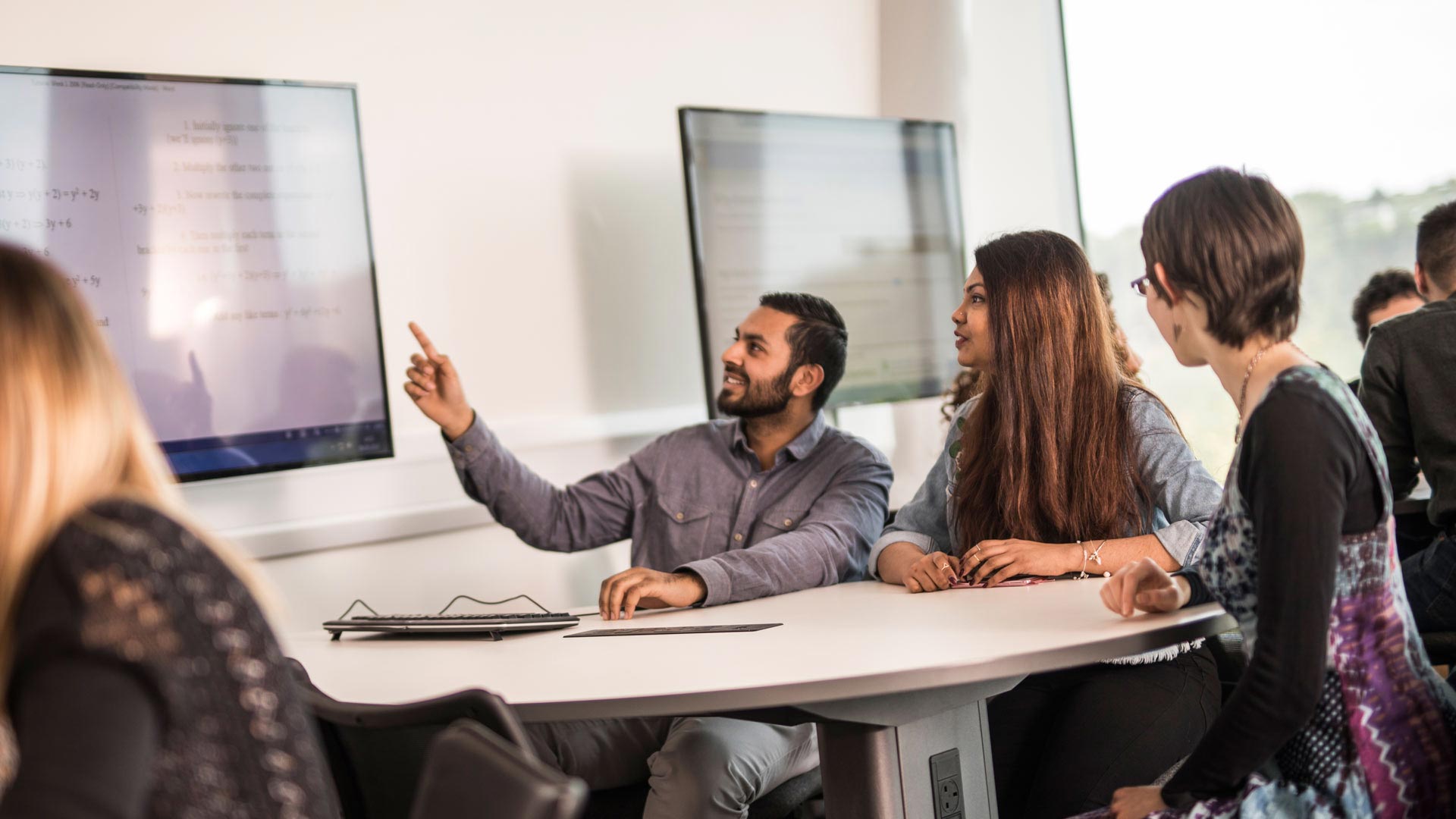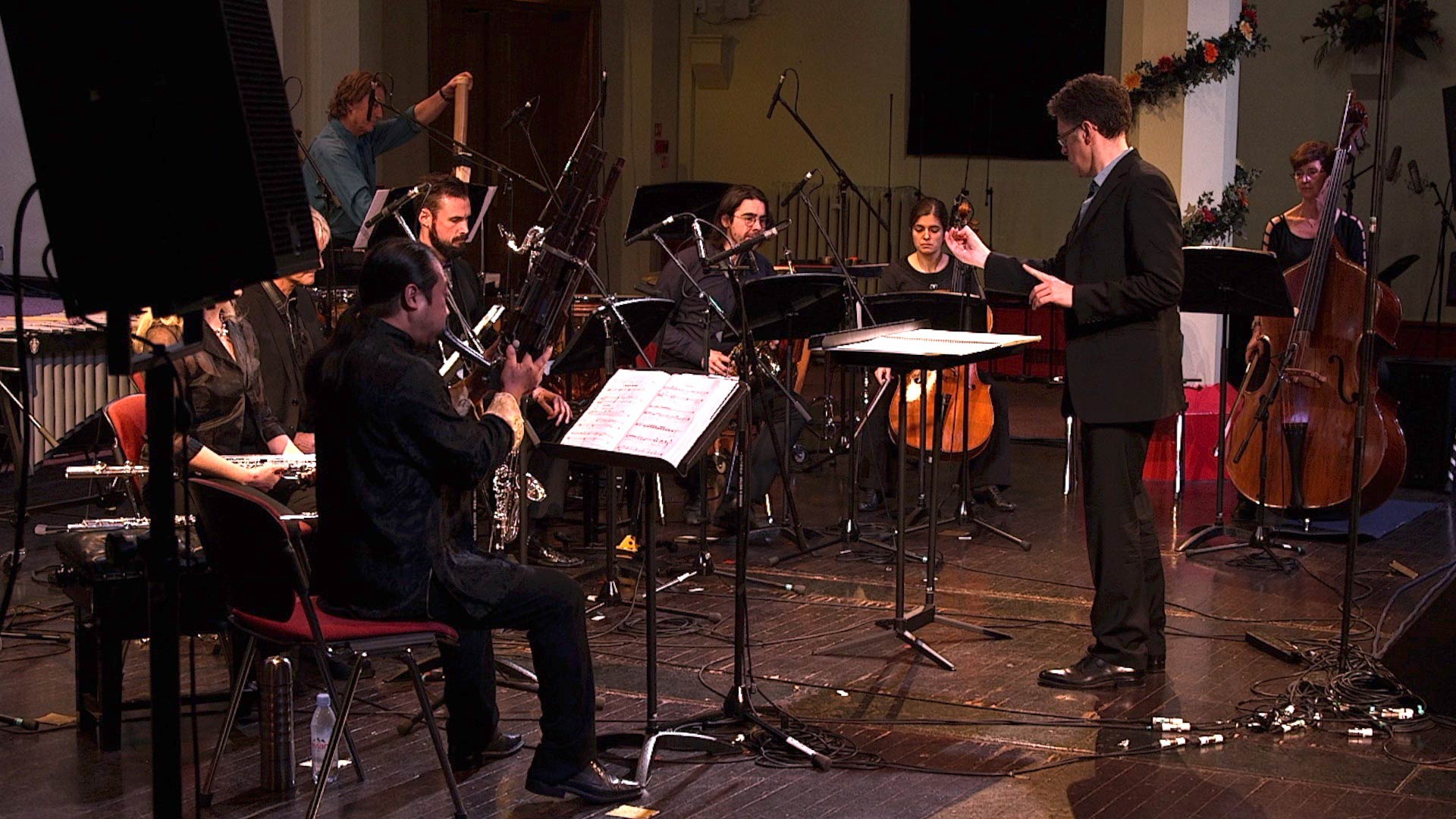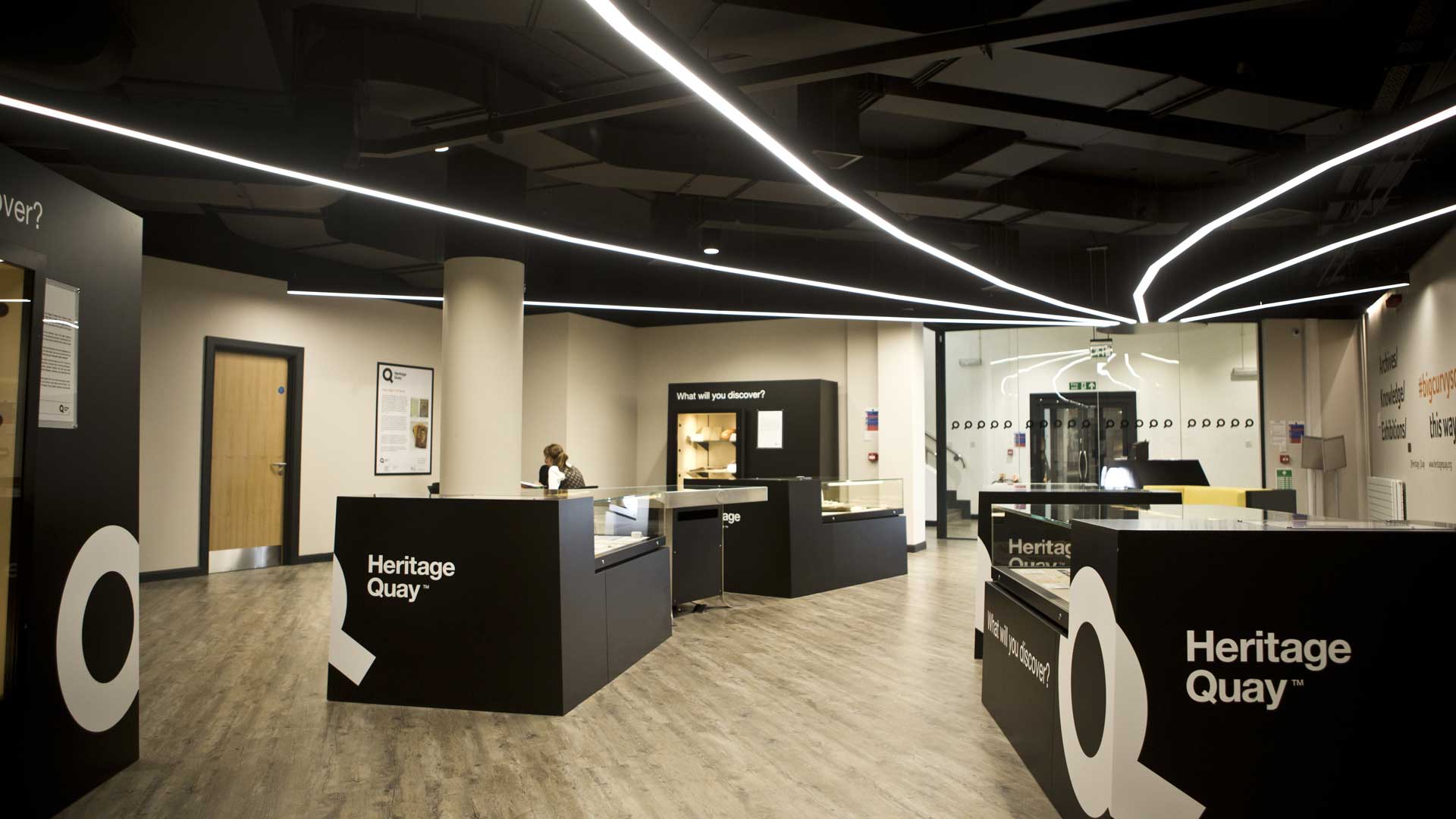
Quality education 2022
The University of Huddersfield is a leading provider of high-quality education: it was awarded a Gold rating in the first round of assessments for the UK Government’s Teaching Excellence Framework and was the first winner of the HEA/AdvanceHE Global Teaching Excellence Award.
The University provides free access to many lifelong learning resources:
Library: any member of the public can use the University library on presentation of 2 recognised forms of identification, one of which must include a current address.
Archive/special collections: Heritage Quay, the University’s Archive and Special Collections, is open free to the public 7 days a week on campus. It provides access to collections in areas ranging from sport (e.g. the Rugby League archive), to music (the British Music Collection, the major UK collection of contemporary music material), to politics.
Computers: The public can use computing facilities in the University library, on the same basis as access to the library itself.
University of Huddersfield Press (UoHPress) promotes open access:
a large number of educational publications are available for free download. The calendar year 2021 saw:
- 20,644 total accesses of our books, an 85% increase on the 2020 calendar year which delivered 11,114.
- 177,628 total accesses of our journals, a 118% increase on the 2020 calendar year which delivered 81,408.
- The Press’s most accessed journals were Fields: Journal of Huddersfield Student Research (34,294), the British Journal of Pharmacy (31,385) and Teaching in Lifelong Learning (23,728).
Programmed public lifelong-learning events include
Applied Sciences Public Lecture Series: a long-standing free lecture series, attracting large audiences, making topical science subjects accessible to the public; subjects range widely from wildlife crime to proteins.
The Harold Wilson Lectures: established in 2004, and convened in collaboration with the Diocese of Wakefield/Huddersfield, these free public lectures address issues of faith and politics. Very large audiences have heard speakers including Tony Benn, Rowan Williams, Ann Widdecombe, and Alan Johnson; in 2019 the speaker was the Bishop of Leeds, and resuming the series after Covid in 2022 Sir John Major delivered the lecture.
The University has inaugurated major cultural events, notably The Huddersfield Contemporary Music Festival (founded 1978), which continues to be based at the University, and is probably the major festival of new and experimental music in Western Europe (Royal Philharmonic Awards shortlisted again in 2020), and The Huddersfield Literature Festival (founded 2006) – both of which have significant education programmes, including free educational events on campus.
Adult learning courses are run on a programmed basis, for example through Heritage Quay, the University's archives and special collections service, which has a remit for public engagement - examples have ranged from music education through sport to local industry.

The University has a very extensive and long-standing programme of education outreach, provided free, on a programmed basis, particularly with schools and colleges across the north of England and Midlands but also further afield. This is delivered in part by specialist Schools and Colleges Liaison Staff, and in part by established academic staff from the seven academic schools which make up the University. Beyond this, individual academic Schools provide specific programmes of outreach, e.g. in science: the School of Applied Sciences made available secondary and sixth-form workshops with the National Coal Mining Museum of England called ‘What’s in Our Water’, looking at the science behind acid mine drainage. Other partners for the School’s work on STEM workshops and summer science camps include Kirklees Neighbourhood Housing. Jeremy Hopwood, leading this activity, was awarded second place in recognition of valuable contributions to the community by ‘Communities Who Can’.
The University has an equal opportunities and diversity policy relevant to this lifelong learning activity – it ‘applies to all students and staff of the University and to all activities associated with the University, whether or not on University property’, thereby covering all the activities described here including outreach off campus. At point 5, it indicates the commitment to ‘promote cross-cultural contact between different communities at all levels, foster understanding and respect, and seek to break down barriers’; and at point 3 confirms that the University ‘deplores all forms of unlawful or unfair discrimination and seeks to provide an environment free from discrimination against students, staff and others on the grounds of gender, race, sexual orientation, religion/belief, disability or any other protected characteristic’ Equal Opportunities, Diversity and Inclusivity Policy Rev V1.4 (July 2022).
As a result of this activity, the proportion of first-generation students at the University continues to be very high, with 2514 of the 5502 (fte) who began a degree in 2020/21 not having a parent who had experience of higher education (45.7%).

